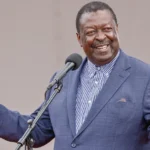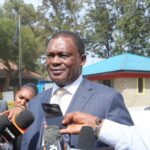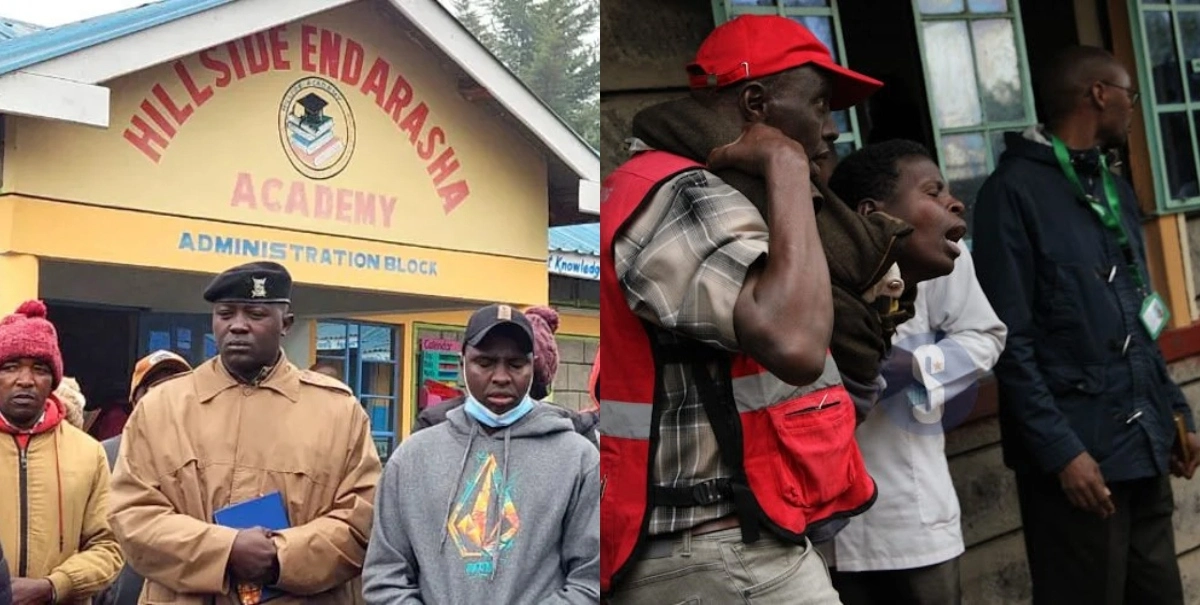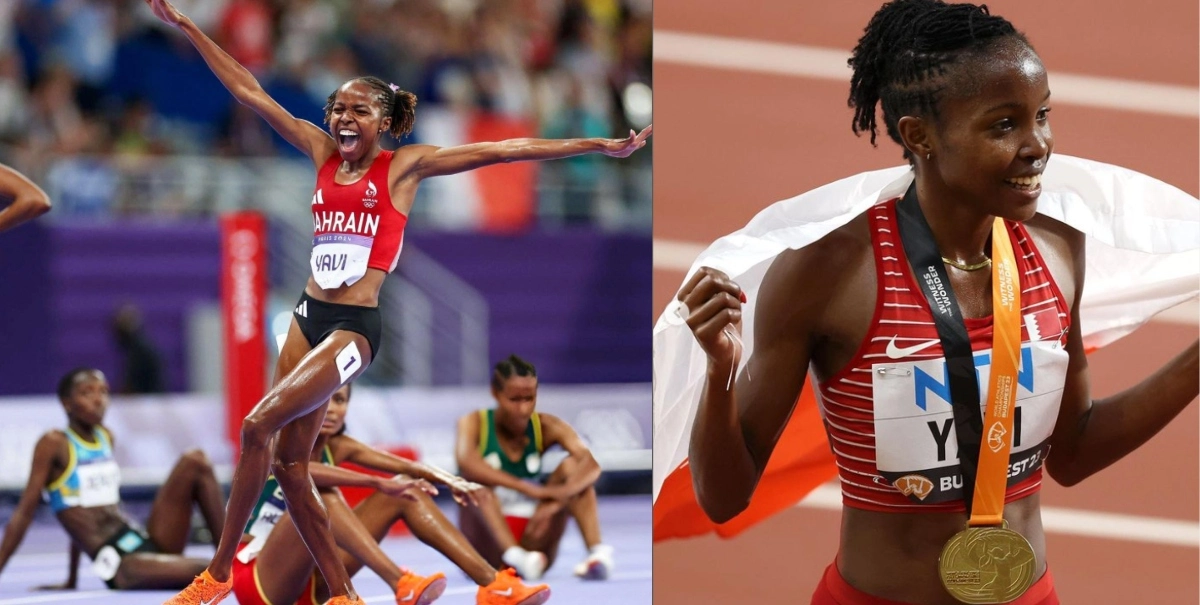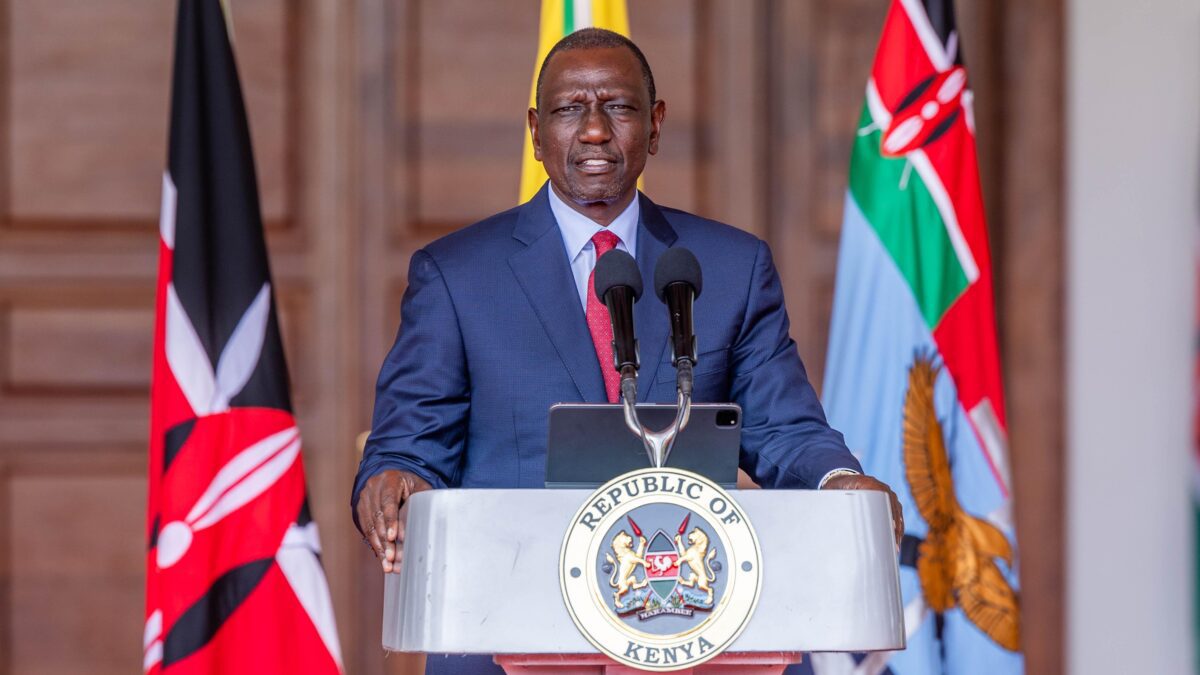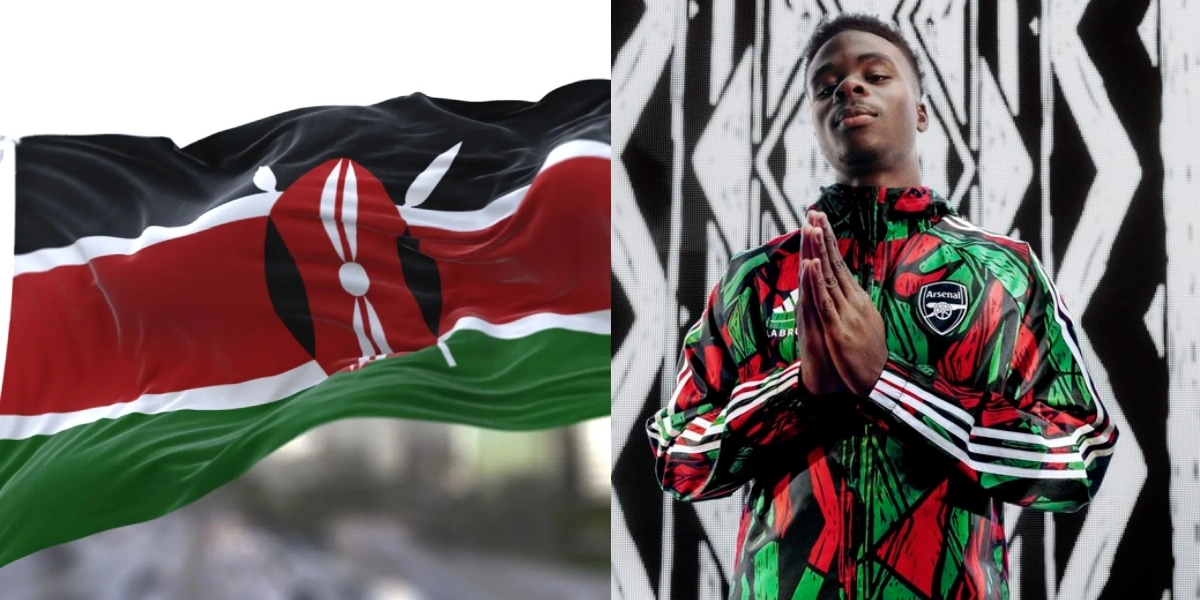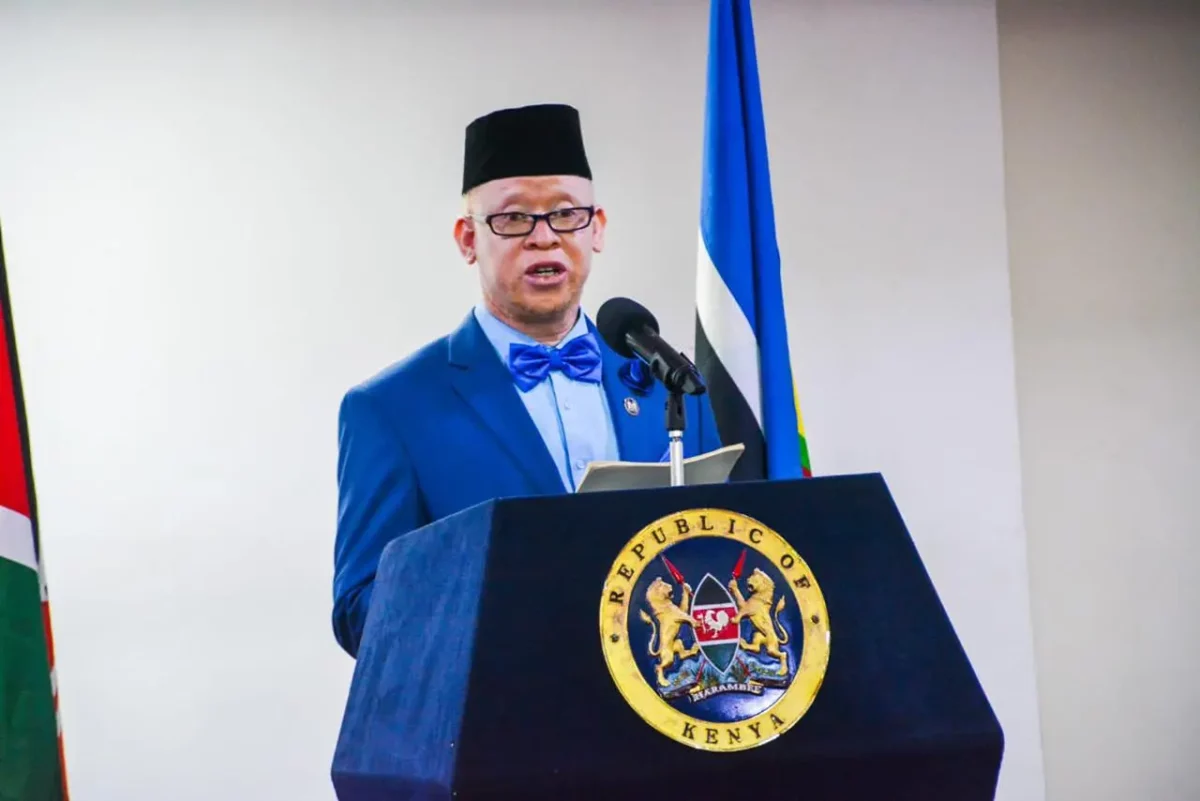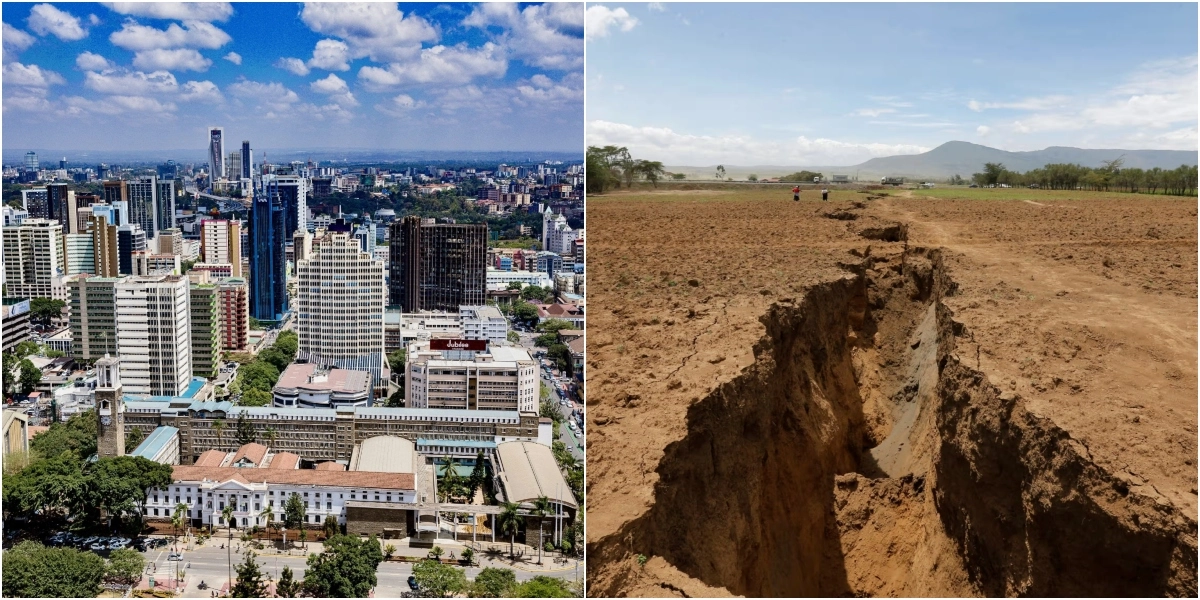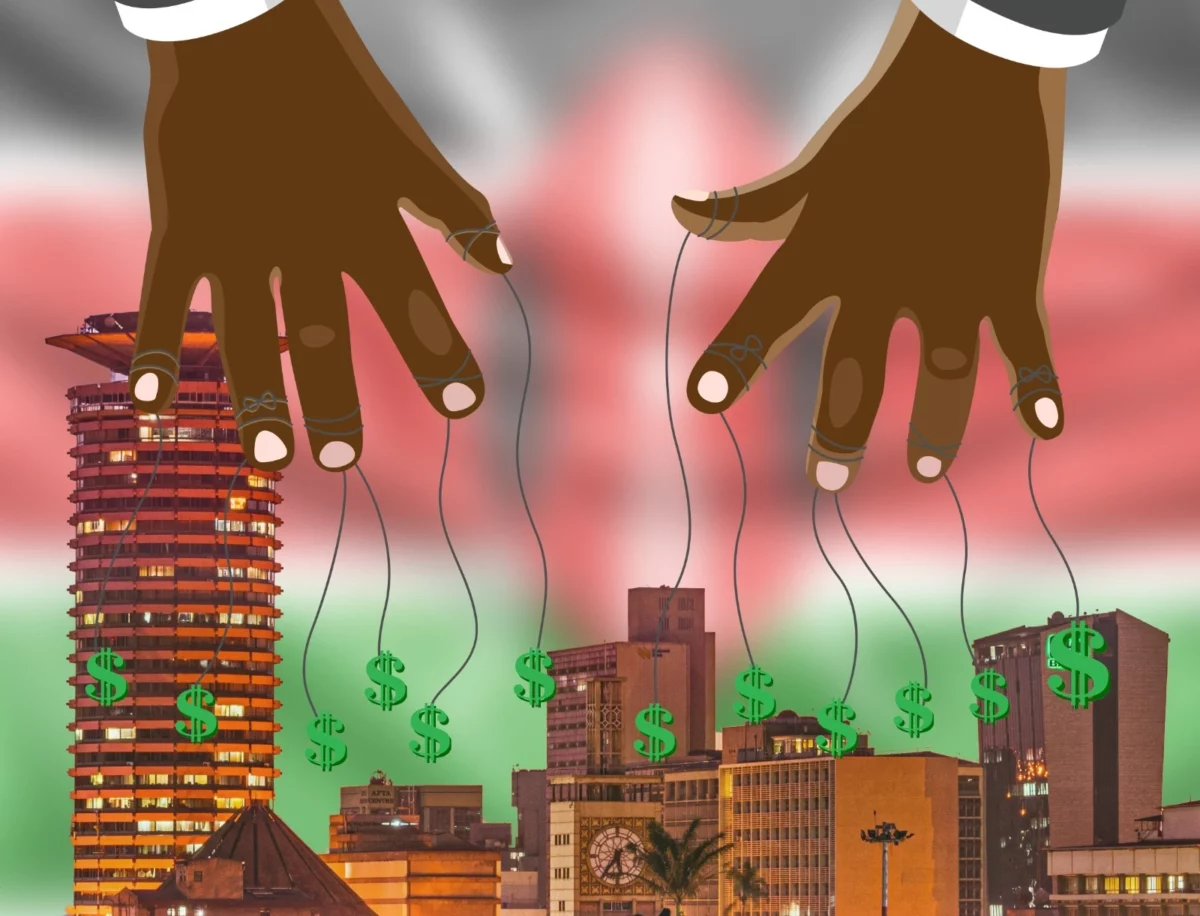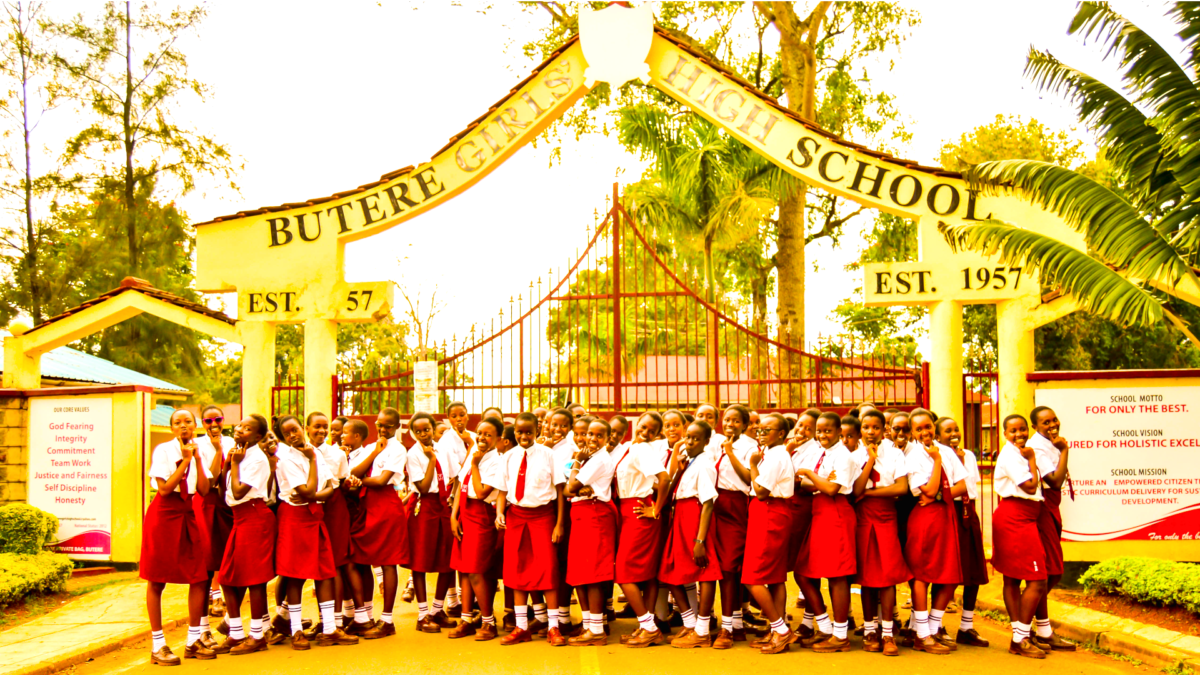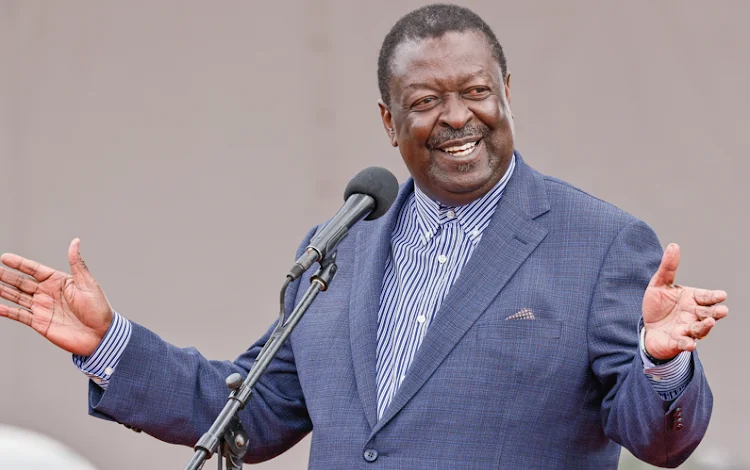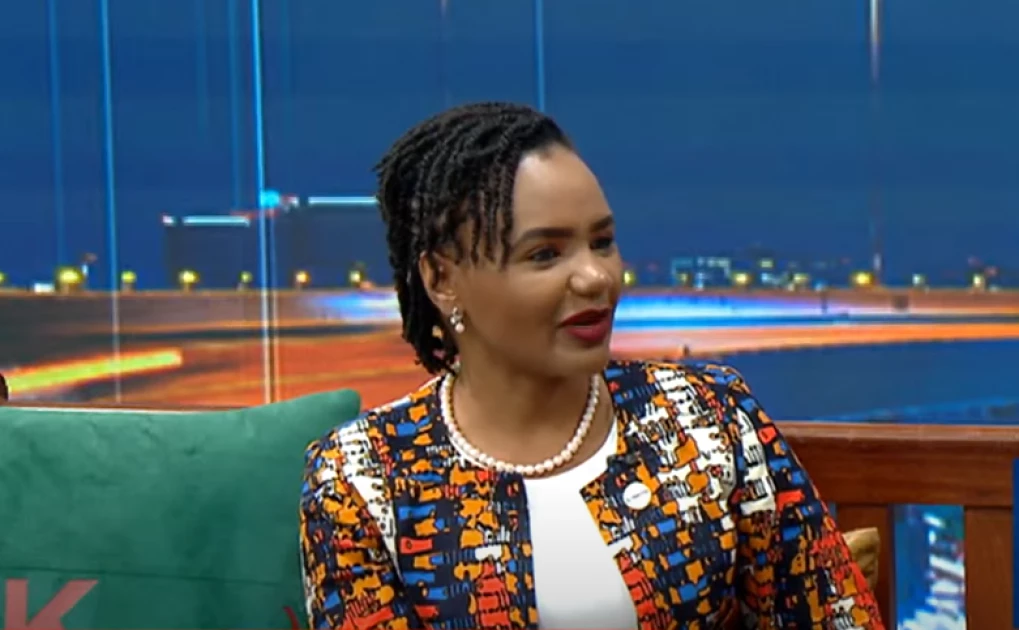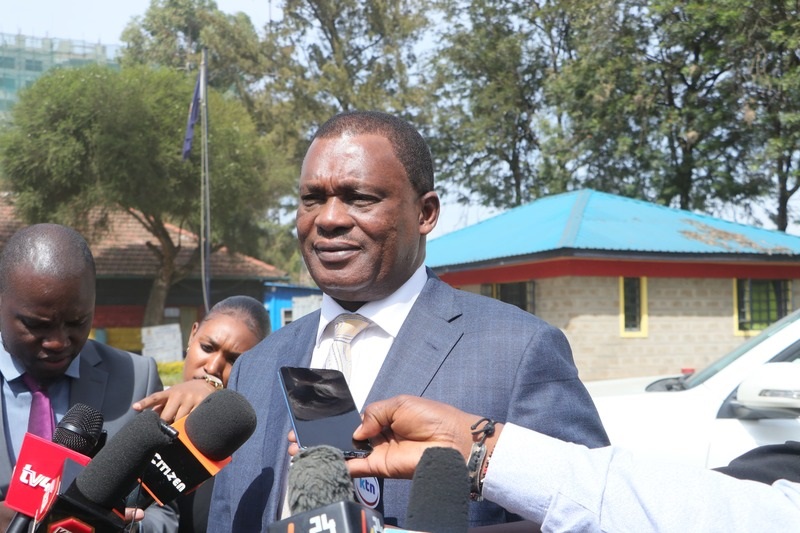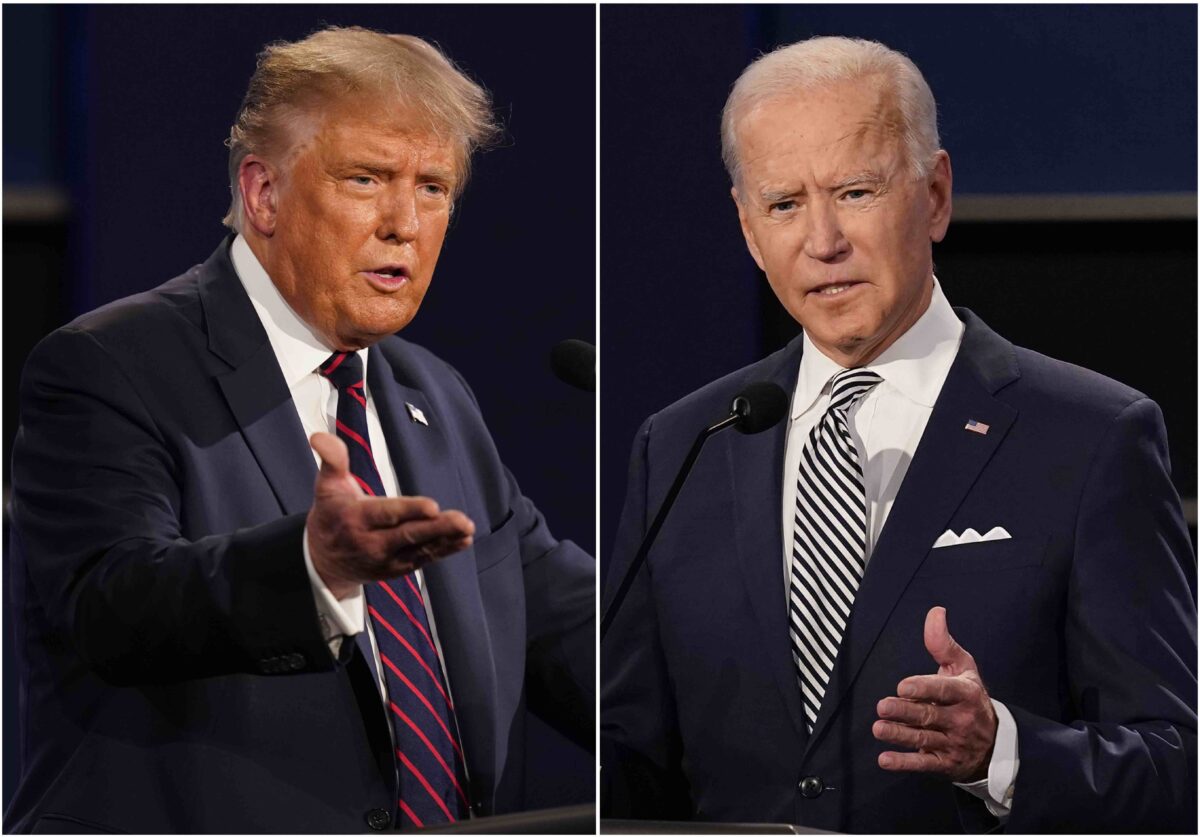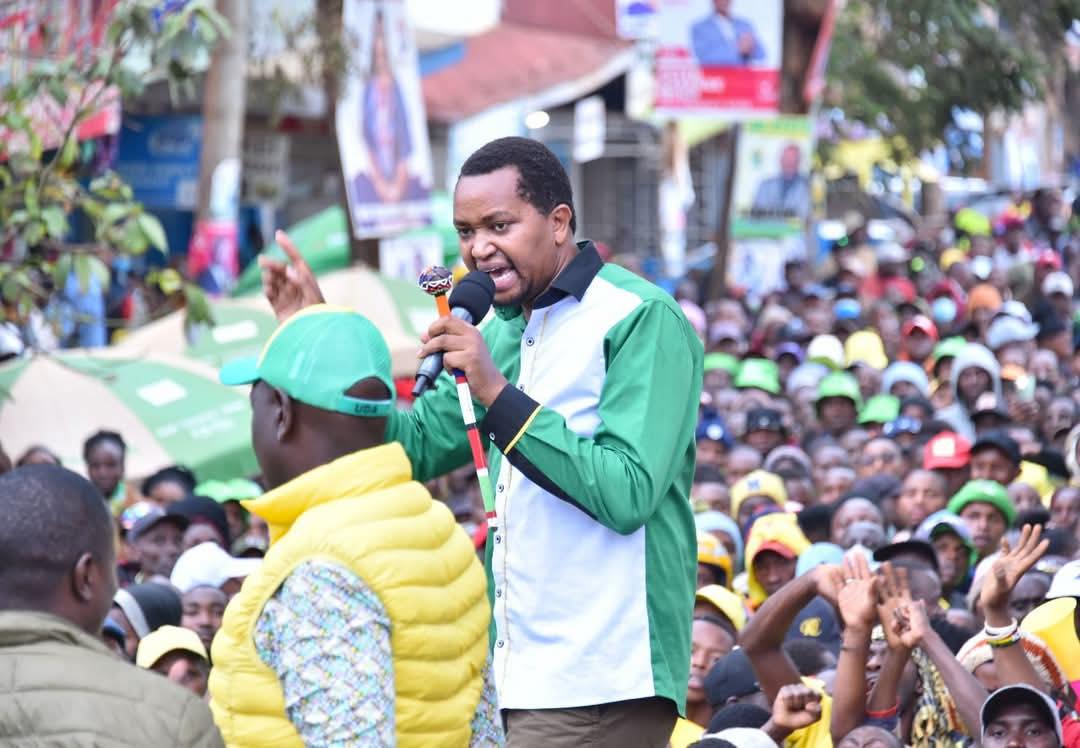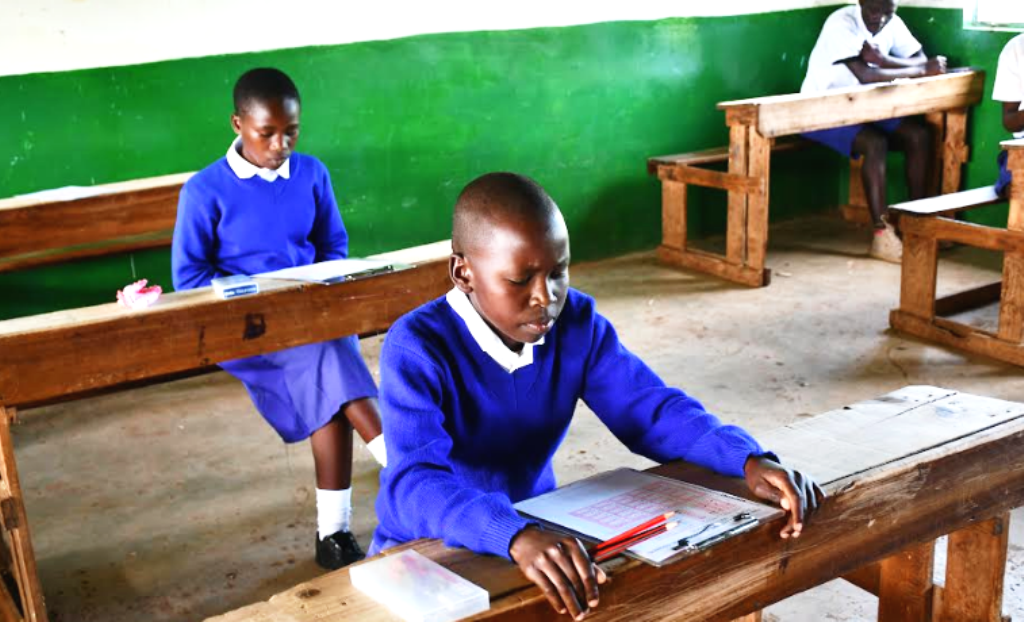In a historic shift, the African National Congress (ANC) has lost its parliamentary majority for the first time since the end of apartheid in 1994. In the latest elections, held on Wednesday, the ruling party secured only 40.18 percent of the vote, falling short of the required majority. As a result, the ANC will need to form a coalition to govern.
The Democratic Alliance (DA), the main opposition party, garnered 21.81 percent of the votes, followed by the MK party with 14.58 percent and the Economic Freedom Fighters (EFF) with 9.52 percent.
This election saw a record 27.7 million South Africans register to vote. However, voter turnout was the lowest in the nation’s democratic history, with only 58.64 percent of registered voters casting ballots. This marks a continuing decline from previous years, with turnout dropping from nearly 90 percent in 1999 to 66 percent in 2019.
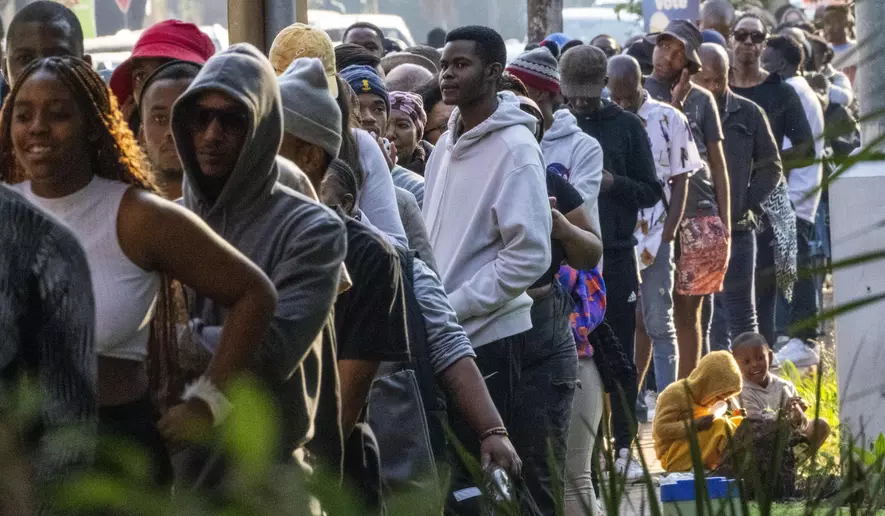
Despite its national shortfall, the ANC maintained majority control in five out of South Africa’s nine provinces: Limpopo (74 percent), the Eastern Cape (62 percent), North West (59 percent), Free State (53 percent), and Mpumalanga (52 percent). In contrast, the ANC fell short in the Northern Cape (49 percent) and Gauteng (36 percent), necessitating coalition agreements to form provincial governments.
The DA will continue its governance of the Western Cape with 53 percent of the vote, a role it has held since 2009. In KwaZulu-Natal (KZN), the MK party, led by former President Jacob Zuma, achieved the highest vote share at 46 percent, while the ANC only managed 18 percent.
Notably, of the nearly 39,000 South Africans who voted from abroad, over 75 percent supported the DA.
The next steps in forming the government involve several procedural stages. The seats in the 400-member National Assembly will be proportionately allocated based on the election results. Within 14 days, the newly elected assembly must convene for the first sitting, where members are sworn in and the speaker is elected. Subsequently, the National Assembly will elect the president of South Africa, who will then appoint the cabinet and form the government. This process typically takes a few weeks to ensure a smooth transition.
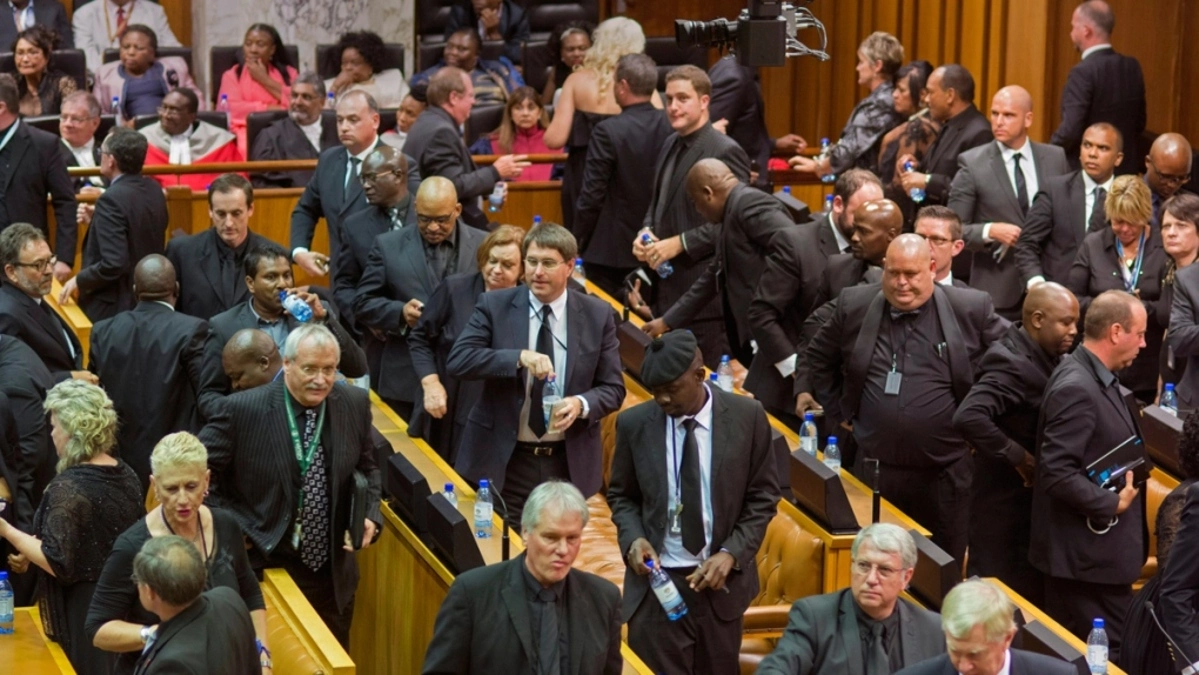
Current President Cyril Ramaphosa, who hoped for a second term, has stated he will not resign despite the ANC’s poor performance. However, some opposition parties, including the MK party, have declared they will not consider a coalition with the ANC unless Ramaphosa steps down.
The ANC’s electoral dominance has been waning over the years. It achieved its highest vote share in 2004 with nearly 70 percent, but this has steadily declined to 57.5 percent in the 2019 election. The DA has consistently been the second-largest party in the past five elections.
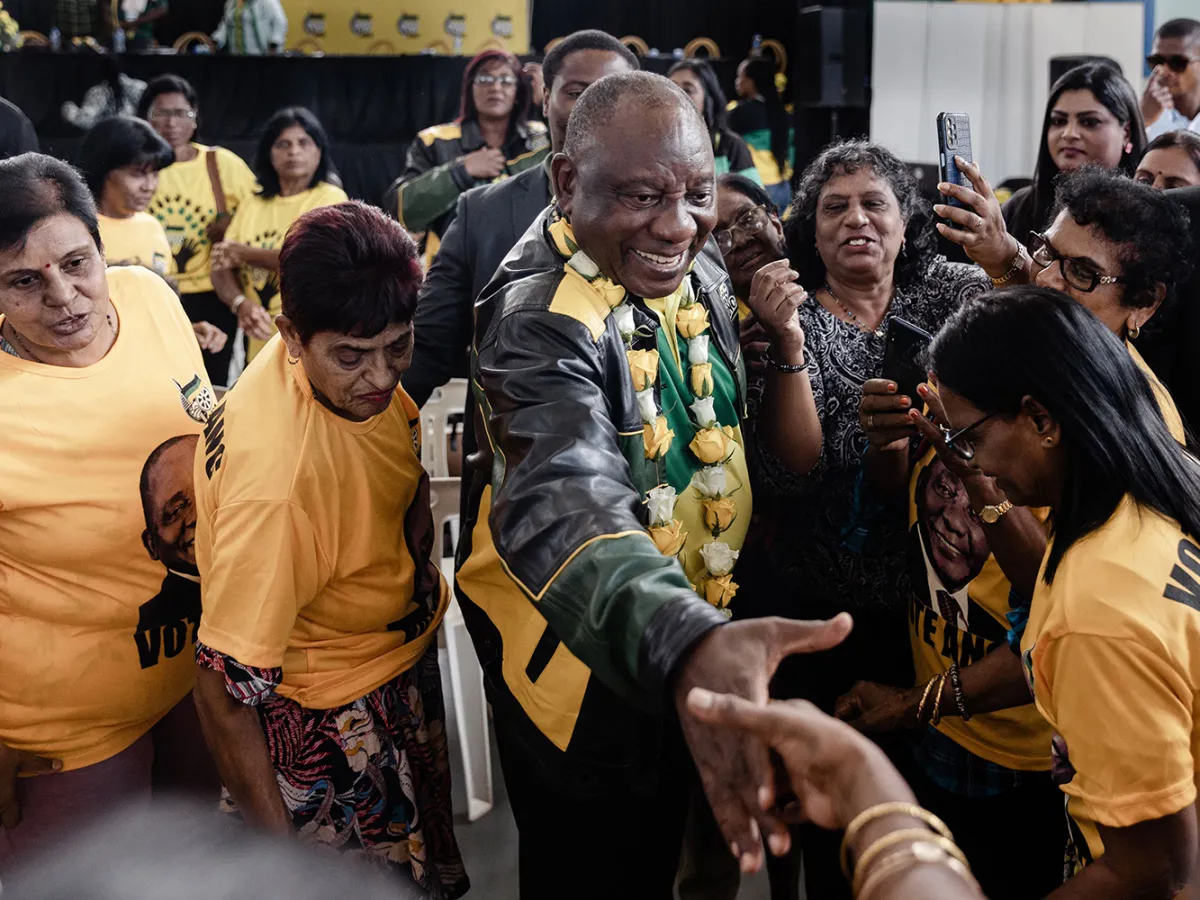
The lower house of parliament currently comprises 400 members from 14 political parties, with the ANC holding 230 seats from the last election in 2019. The DA holds 84 seats, the EFF 44, and the Inkatha Freedom Party (IFP) 14, with ten other parties making up the remaining 28 seats.
This election marks a significant moment in South Africa’s political landscape, challenging the ANC to navigate coalition politics to continue its governance.



